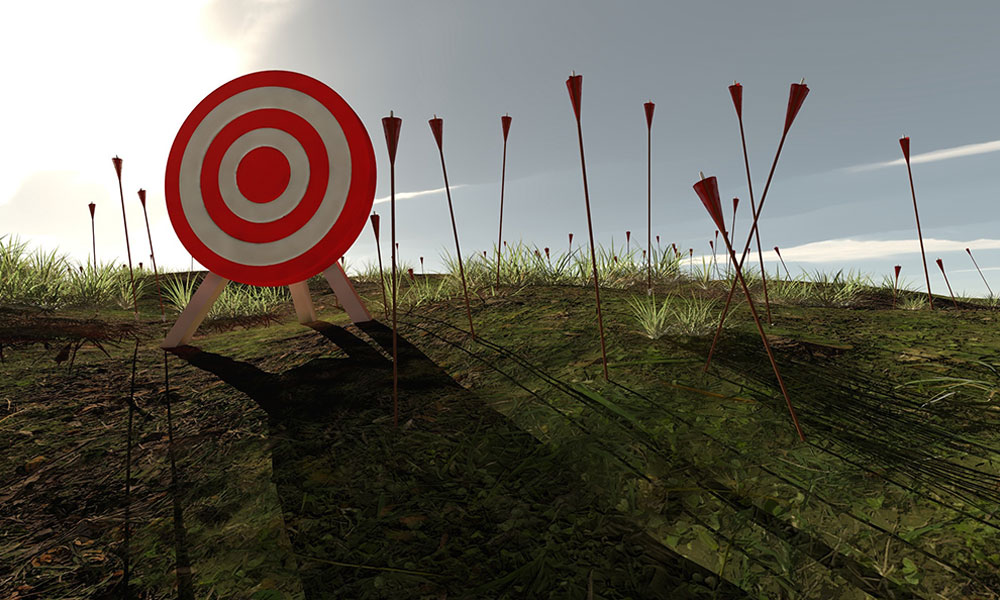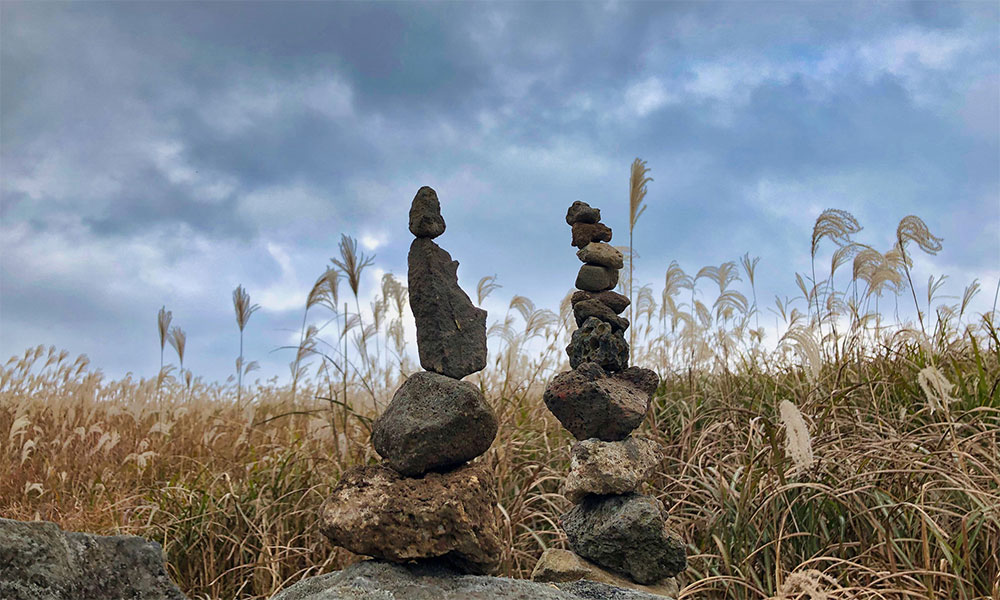As the pandemic prolongs, it is taking a toll everyone. People are feeling anxious, stressed, vulnerable and uncertain. Many of us are seeking ways to be happy during this extraordinary time.
I am delighted that Nikhil Ojha has written this week’s post. Nikhil is a senior partner in Bain & Company’s Mumbai office. He leads Bain’s Strategy practice in India and is also a key member of the firm’s Asia-Pacific Consumer Products practice. He is a global expert in accelerating brand performance and understanding the future of consumption in fast growing markets.
Please read on:
In a conversation recently, a young colleague asked, “Where did this year go?” and described feelings of listlessness, drift, and weariness. No doubt, this has been a strange year. So many changes around the world, at work, and indeed, at home. To add to this, the continued uncertainty over the short run (pace of recovery) and long-term (disrupted new world). It is natural to feel disoriented, and as LinkedIn’s Workforce Confidence Index has shown, sentiments vary a lot across sectors and levels, and have shifted over the last many months.
Still, my interlocutor was a driven individual, very affable and outgoing, and was going great guns in professional achievements, until recently. As we talked further, it became clear that the lack of in-person external validation about tasks well accomplished, being valued as a colleague or an advisor, and affirmation of role and importance were weighing particularly heavily on his self-assessment.
Does any of this ring a bell?
With so much going on, and with the external context so unfamiliar and uncertain, how does one think about happiness in work and life?
This week’s post is about both recognizing what could be an important cause of our disquiet, and what we can do to tackle it – both by eliminating some inadvertently unhelpful framing that we carry in our minds, and by injecting some deliberate baby-steps into our routines.
Recognize the unease
The first two parts – recognizing disquiet and eliminating unhelpful framing – is from a brilliant short book: Status Anxiety, written by Alain de Botton. The nature of our challenges is different, but the problem is the same.
Status Anxiety is “the pernicious worry about danger of failing to conform to societal ideals of success.” We are anxious because our self-concept is dependent on what others make of us. Importantly, the impact of low status is not primarily material for most people: rather, it is in the challenge that it poses to one’s sense of self-respect. To compound one’s misery, this challenge is exacerbated by a deep-seated fear of expectations – that “Neither who we are nor what we have is quite enough.”
Why is it so? Because of at least three things that many of us have inadvertently and indeed, unconsciously, accepted as a given (“this is just how things are in the world”.) These are:
- Meritocracy: “Faith in an increasingly reliable connection between merit and worldly success…” Gone are the days of Hemingway whose response to Scott Fitzgerald (“You know, the rich are different from you and me.”) was “ They’ve got more money.” The dominant narrative of last 40 years has endowed money with a new moral quality – those who have it are good people, ergo, not having money is indicative of not being a good person.
- Snobbery: “…a weak capacity for independent judgment with a strong appetite for views of influential people.”
- Dependence: “…a workers’ status is never guaranteed; it is dependent on performance and on factors outside of their control.”
Recognizing these, and actively examining one’s thoughts and reactions against them is an invaluable first step towards greater equanimity. In his book, de Botton goes on to describe various coping mechanisms: Philosophy, Art, Politics, Bohemianism, and Religion. These are great life hacks for re-framing one’s perception of, and reactions to, life-situations and therefore cope better with whatever the external situation may be. I would highly recommend reading the book.
The ten ‘to-dos’
If these coping mechanisms make you feel like there’s a “big shift” needed to reset the dial on happiness, such is not the case. There is more practical research and quotidian advice available in another wonderful resource. Author James Montier was at Dresdner Kliener Wasserstein, when he wrote a brilliant paper on The Psychology of Happiness. In addition to beautifully synthesizing a vast amount of research into a very short document, Montier came up with a very actionable set of ten ‘to-dos’. These are:
- Don’t equate happiness with money. People adapt to income shifts relatively quickly; the long-lasting benefits are essentially zero.
- Exercise regularly. Taking regular exercise generates further energy and stimulates the mind and the body.
- Have sex, with someone you love.
- Devote time and effort to close relationships. Close relationships require work and effort, but pay vast rewards in terms of happiness.
- Pause for reflection, meditate on the good things in life. Simple reflection on the good aspects of life helps prevent hedonic adaptation.
- Seek work that engages your skills, look to enjoy your job. It makes sense to do something you enjoy. This in turn is likely to allow you to flourish at your job, creating a pleasant feedback loop.
- Give your body the sleep it needs. Too many people have a sleep deficit, resulting in fatigue, gloomy moods and lack of concentration.
- Don’t pursue happiness for its own sake, enjoy the moment. Faulty perceptions of what makes you happy, may lead to the wrong pursuits. Additionally, activities may become a means to an end, rather than something to be enjoyed, defeating the purpose in the first place.
- Take control of your life, set yourself achievable goals. People are happiest when they achieve their aims, so set yourself goals which stretch you, but are achievable.
- Remember to follow all the rules. Following these guidelines sounds easy, but actually requires willpower and effort.
None of these got shut down in 2020! Yes, some are more difficult than before and need some adjustments in execution but they are all eminently doable – on a regular basis.
Many thanks to Nikhil for writing this insightful piece. The challenges and stresses from Covid-19 are very real. We just can’t wish them away. However, we will need to figure out what are we going to do about it. Focus on what you can control in your life and experience more happiness.
Do write in with your suggestions on how you are boosting your happiness during this time.








Comments